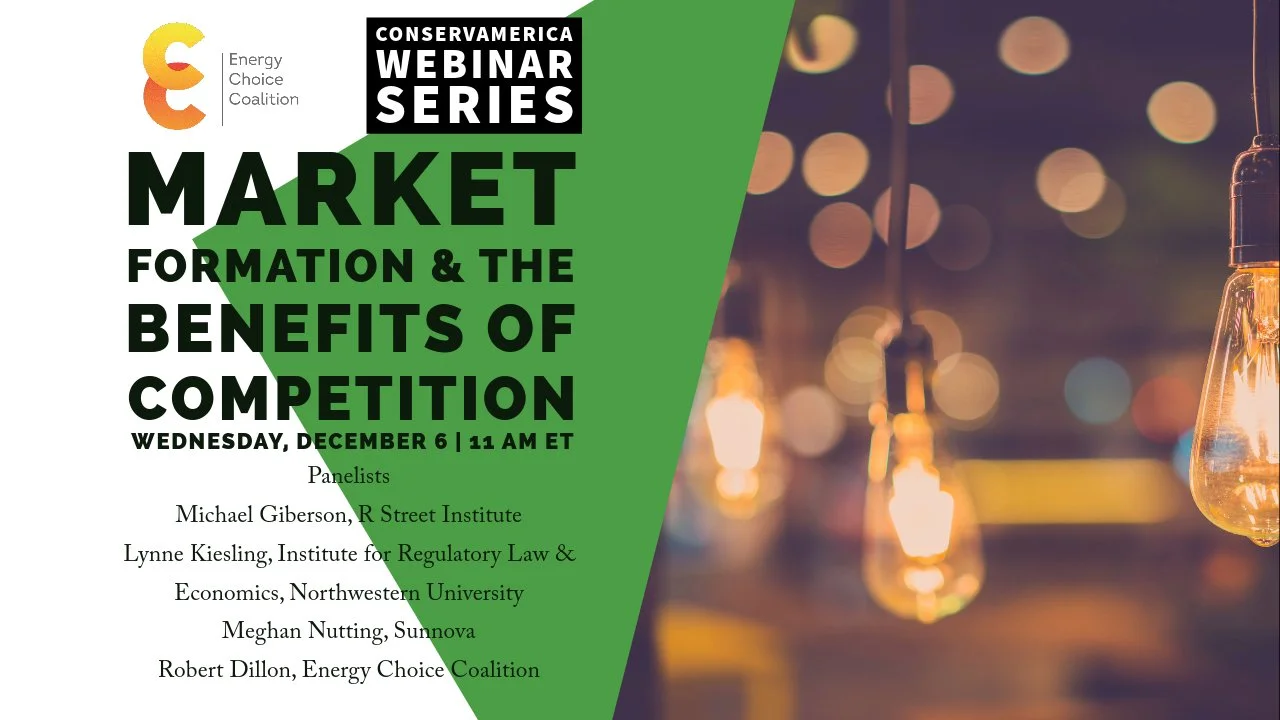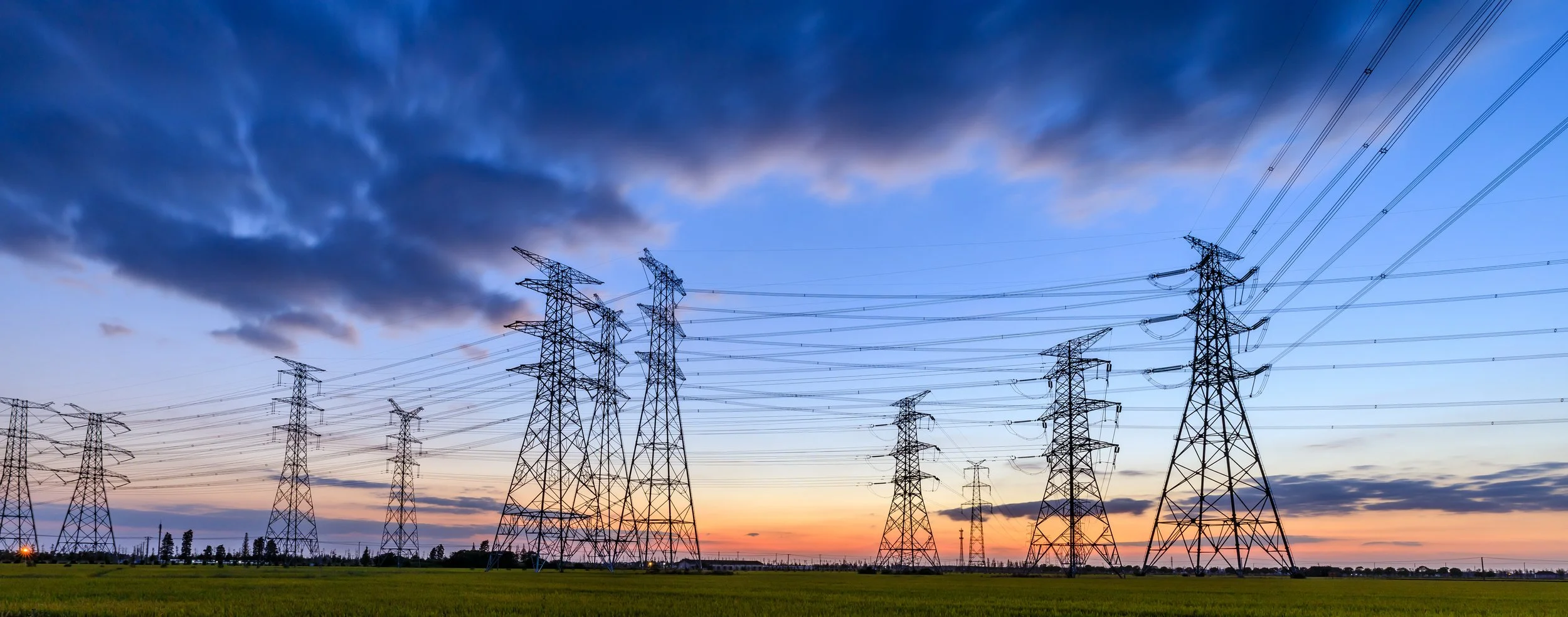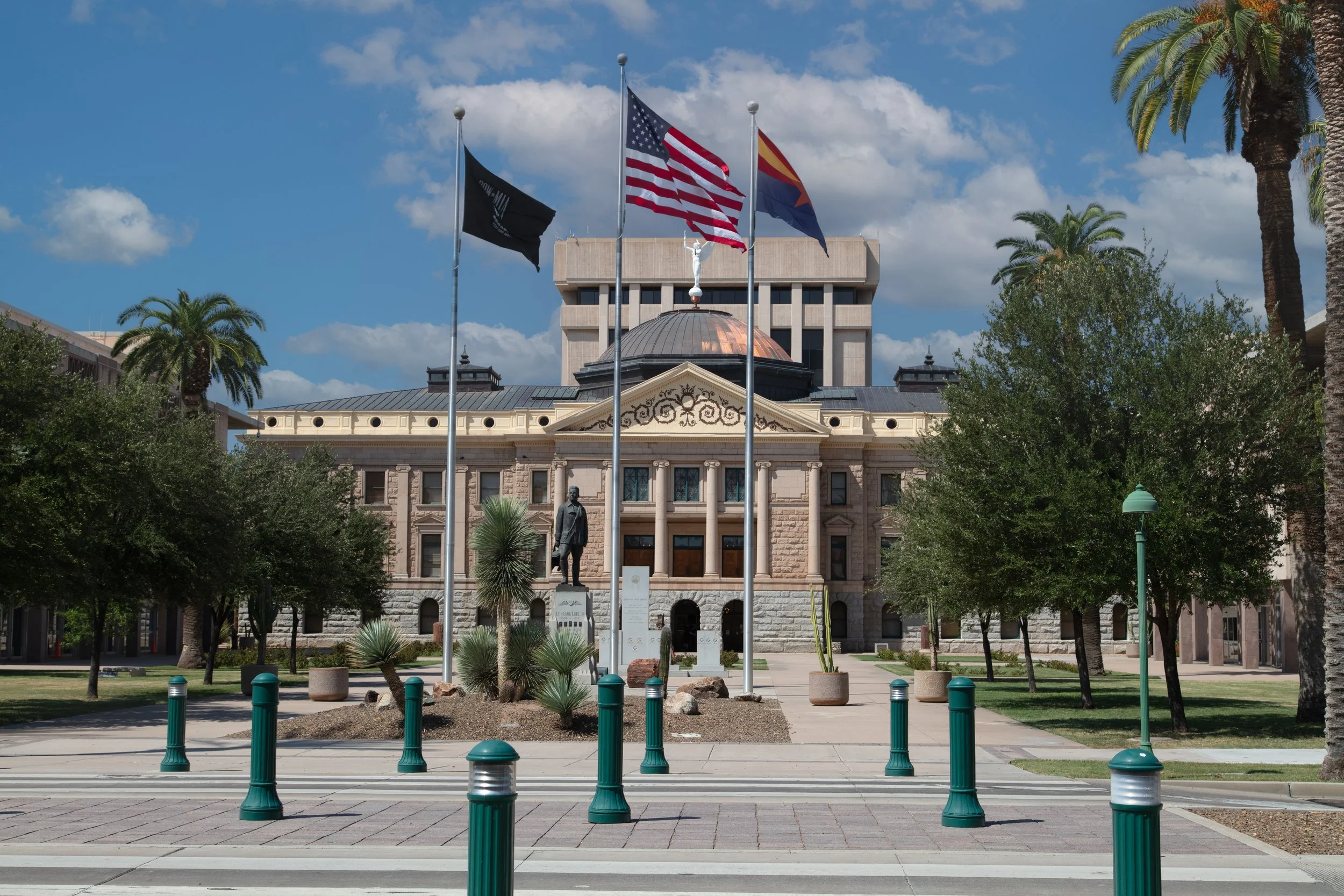If there is one thing most Kansans agree on, it is the importance of reliable, affordable energy and the freedom to choose the best way to produce it. That principle—known as an all-of-the-above energy strategy—has served Kansas and the nation well. It allows energy producers, innovators, and landowners to make decisions based on what works, not on what Washington dictates.
But that principle is under threat.
Currently, Congress is considering changes to clean energy tax credits that would significantly reduce support for wind and solar energy beginning in 2026 while preserving full credits for nuclear, hydro, and geothermal energy through 2036. That kind of selective treatment undermines Kansas’s energy economy at a time when we should be doubling down on production of every kind.
Kansas knows the power of wind and solar because it has experienced it firsthand. The state has attracted over $4.2 billion in clean energy investment in the last few years. Kansas generates more than 50 percent of its electricity from wind. The state has more than 10.8 gigawatts of advanced energy capacity already online, with additional wind and solar projects in development to meet surging demand.
One of those projects is the Kansas Sky solar facility in Douglas County. It’s one of several utility-scale projects under development to meet future demand from growing communities and new industries bringing jobs to the state. Another is the Panasonic battery plant coming to DeSoto. Projects like these are in jeopardy if Congress slashes tax credits passed by previous administrations.
Clean energy growth in Kansas is not just about electrons on the grid. It is also about dollars in the bank for farmers and landowners. Rural Kansans earn more than $20 million every year from wind lease payments. These are stable, long-term payments that help families weather fluctuations in crop prices and extreme weather conditions. These payments can be the difference between keeping the family farm or selling it.
At the community level, renewable projects deliver significant tax benefits. Wind energy has generated more than $658 million in property tax and community contributions in Kansas, supporting schools, fire departments, and local infrastructure.
Congressional cuts would put all that at risk. According to a recent analysis, removing the energy incentives could result in Kansas losing more than 5,200 jobs, reducing the state's GDP by $600 million, and lowering household income across the state. That is not the path to energy dominance or economic growth. That is turning back the clock on a Kansas success story.
This kind of policy shift also goes against President Trump’s campaign promises. He pledged to unleash American energy, bring jobs back to America, and lower prices for working families. The current Senate bill would do the opposite. It would pull the rug out from under businesses that made good-faith investments under policies passed by Congress just three years ago. That is not pro-business or pro-growth.
Some argue that these changes are about reining in spending. However, energy tax credits are not government handouts. They are performance-based incentives that only go to projects that produce real energy. They rely on private capital, not public grants. And they have a proven track record of creating jobs, lowering prices, and strengthening our energy security.
The Energy Choice Coalition supports an all-of-the-above strategy that allows all technologies to compete on a level playing field. That means giving Kansas wind and solar the same opportunity as nuclear or geothermal to help power America’s future. It also means rejecting one-size-fits-all Washington mandates that favor certain fuels while sidelining others.
Sen. Jerry Moran has demonstrated leadership in defending energy tax credits while criticizing other aspects of the previous administration’s Inflation Reduction Act that are detrimental to Kansans. We hope he and others will continue to fight for fairness in energy policy. The sunflower state should be rewarded––not punished––for embracing an all-of-the-above energy strategy to the benefit of Kansans and all Americans alike.
The Senate still has time to get this right. Restore parity across technologies. Protect the credits that are creating real economic value across the heartland. Kansans deserve energy freedom. Let’s keep the playing field level and let the innovators, landowners, and workers who built this industry continue to build it for the future.





















